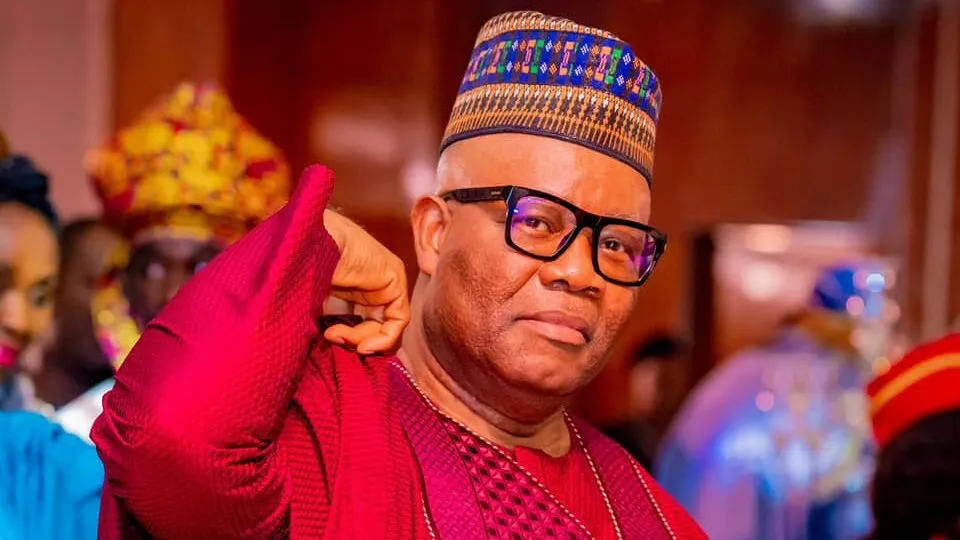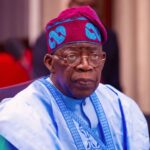Senate President Godswill Akpabio on Monday called on Nigerian lawyers to reject any notion of a coup as a solution to Nigeria’s current challenges.
He made the call in Lagos while speaking at the ongoing 2024 Annual General Conference of the Nigerian Bar Association (NBA).
He also stated that the best coup could do is to deny Nigerians their freedom.
Akpabio also stressed the need for a cultural shift in attitudes and mindsets, encouraging lawyers to lead by example in fostering integrity, courage, and a commitment to justice.
- Farmer: I earn N7m annually from growing tomato, pepper
- Slain officers: ‘You’ve murdered peace’, IGP orders IMN sponsors’ manhunt
The Senate President called for unity and collective effort in rebuilding the country, stating, “We believe strongly that there is no stain in our country that we cannot erase if we stand together in brotherhood.”
He said: “As we gather, let us remember that our strength lies not only in our numbers but also in our uniform.
“We are not merely a crowd. We are a very formidable force for positive change in Africa.”
While urging the lawyers to change their thinking, Akpabio insisted that they must change their attitudes and the cultural paradigm shift.
The Senate President said: “We must transform our minds, not only to transform Nigeria, not only to transform West Africa, but to transform the entire world.”
The guest speaker, former Ghanaian President John Mahama urged African legal professionals to take a more active role in shaping the future of the continent.
Speaking on the theme of “The Future of Africa in the Midst of Rising Security, Economic, and Political Challenges,” Mahama emphasized the urgent need for legal reforms, economic diversification, and youth empowerment to address Africa’s ongoing struggles.
Mahama, who said he was invited to the NBA conference for the first time in his nearly 30-year public service career, began by highlighting the historical context of Africa’s post-colonial challenges.
He noted that while the continent has made strides in democratic governance, economic development has been hampered by structural weaknesses, including over-reliance on commodity exports and the underdevelopment of key sectors like agriculture and manufacturing.

 Join Daily Trust WhatsApp Community For Quick Access To News and Happenings Around You.
Join Daily Trust WhatsApp Community For Quick Access To News and Happenings Around You.


